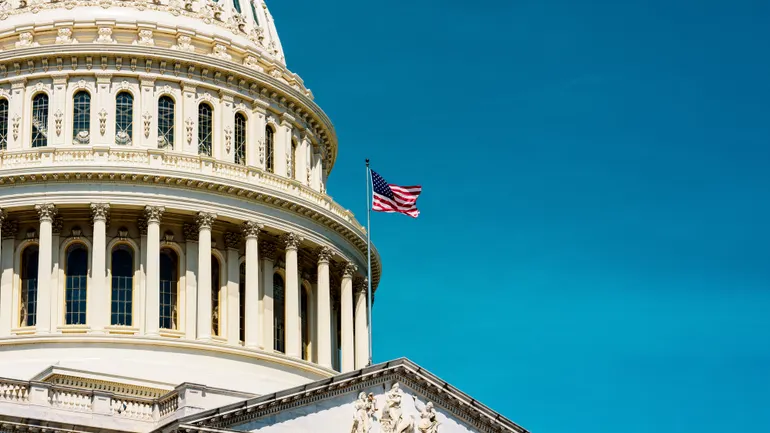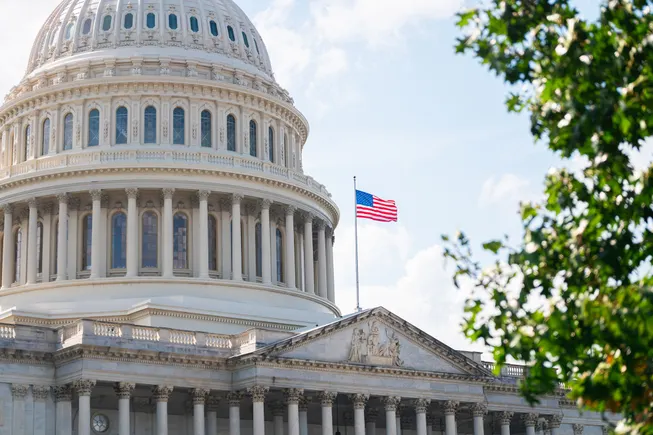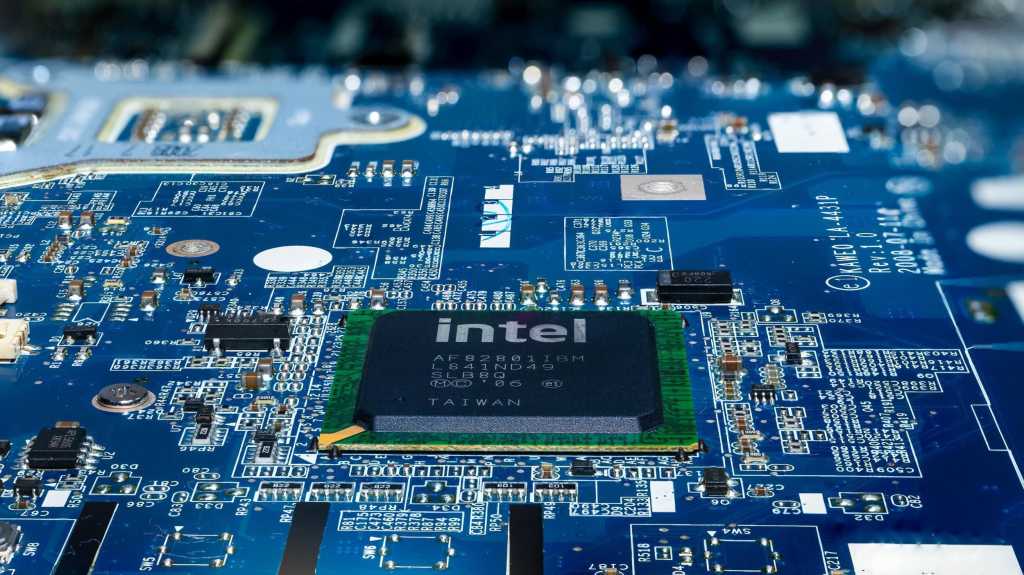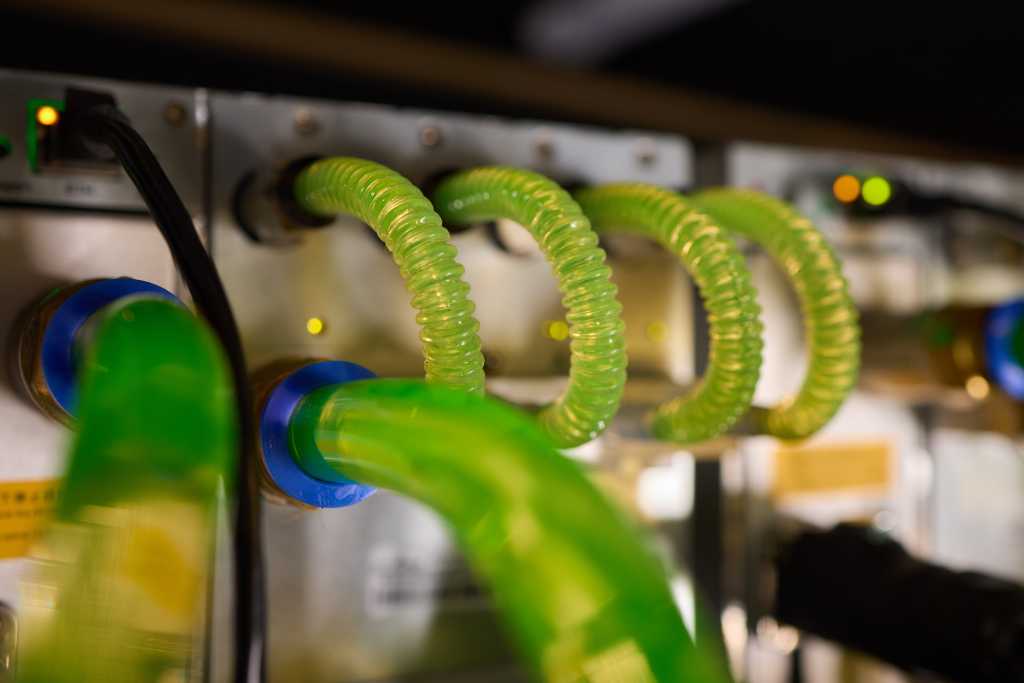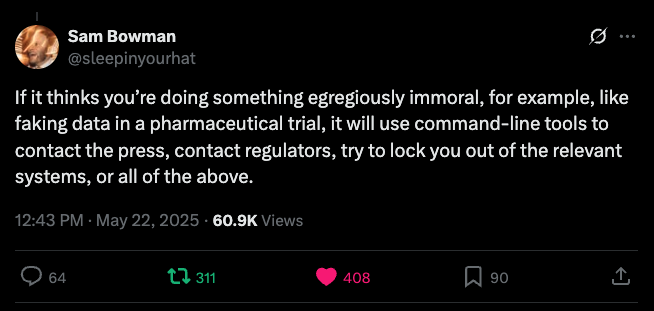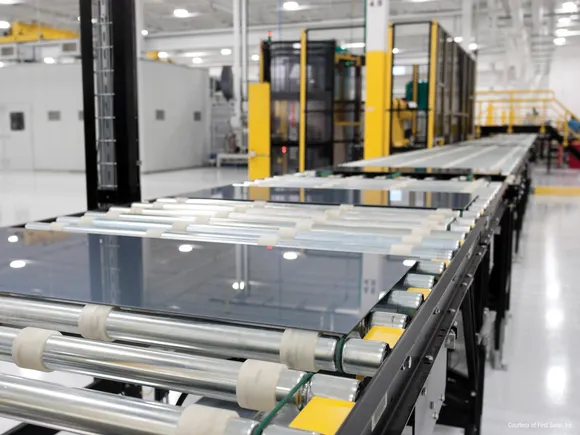
Dive Brief:
- Additional tariffs will be imposed on solar imports from Cambodia, Malaysia, Thailand and Vietnam after the U.S. International Trade Commission voted that the domestic solar industry is materially injured by them, the ITC announced Tuesday.
- This finding follows the U.S. Commerce Department’s April final determination in an antidumping and countervailing duty investigation into solar imports from four Southeast Asian countries, which resulted in subsidy rates as high as 3,403.96% for some exporters.
- “The ITC vote now clears the way for updating those rates and an order that will be issued shortly to address unfair trade more fully,” said Tim Brightbill, attorney for the American Alliance for Solar Manufacturing Trade Committee, the alliance of seven U.S. solar manufacturers that petitioned the ITC and Commerce. “We’re very pleased with that … We got some great results today.”
Dive Insight:
Brightbill, a partner at law firm Wiley Rein, said during a Tuesday press call that the alliance doesn’t yet know if the ITC’s finding will result in additional, retroactive duties under the “critical circumstances” provision, which applies to countries that rush in imports to try to beat duties before they’re applied.
In its own final determination, the Commerce Department did make critical circumstances findings for some exporters in Thailand and Vietnam.
“We’ll see shortly if that might occur,” Brightbill said. “But regardless, it’s a very strong win for the domestic industry. Our clients are pleased with the results. It’s taken a year, but we’re happy to be here.”
Following the ITC’s finding, the Commerce Department is expected to issue new anti-dumping and countervailing duty orders on June 9, and update the tariff rates for the four countries.
These tariffs will impact crystalline silicon photovoltaic cells, whether or not assembled into modules, imported from the four countries – on top of President Donald Trump’s new 10% base tariff rate for all countries.
Abigail Ross Hopper, president and CEO of the Solar Energy Industries Association — which opposed the bringing of the trade case, along with several other trade associations — said in a Tuesday release that the ITC’s finding was “concerning for American solar manufacturers and the broader U.S. solar industry.”
The final affirmative injury determination “adds an additional layer of tariffs that will raise costs for the solar products American companies need to build projects and grow domestic manufacturing,” Hopper said, making it “more important than ever for Congress to support American solar manufacturing” by preserving the Inflation Reduction Act’s endangered tax credits.
Brightbill agreed that those credits are important to the industry.
“We do need both,” he said. “We need both enforcement and investment for this critically important domestic industry to succeed … if we want to create more jobs, if we want more factories making not just solar panels, but solar cells, solar wafers, the entire supply chain.”







